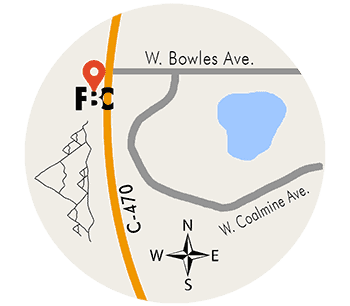Happy Turkey Day? Well, maybe not so happy for the turkeys.
Nor is it so happy for those without family or friends with whom to celebrate, unless they’ve been invited to a “Friendsgiving,” and unless the other guests are Republicans, Democrats, Conservatives, Progressives, FurBaby People, NeverBaby People, Brought-My-Baby People, Atheists, Agnostics, Vocal Vegans, Calvinists, Arminians, Cal-minians ….
At Thanksgiving, as all through the year, we can be grateful for our many blessings of family, friends, God’s gracious gift of salvation, and so much more.
But can we also give thanks for hard circumstances? For difficult people (like the one across the table, just south of the cranberry sauce)? For physical pain? Emotional pain? Searing loss? C.S. Lewis thinks we can. He wrote, “We ought to give thanks for all fortune: if it is good, because it is good; if bad, because it works in us patience, humility and the contempt of this world and the hope of our eternal country.”
Gratitude is what you feel. Thanksgiving is what you DO.
Giving Thanks
So we can give thanks in all circumstances, by following the example of Jesus, who, for the joy set before him, endured the cross (Heb. 12:2). Did he feel grateful that he was going to be separated from his Father and tortured to death? Probably not, but he saw the joy of what his sacrifice would bring, for eternity. Can we ask God for the grace to glimpse him working in us to produce patience, humility, and the blazing certainty of our eternal life with him?
Yes. We can.
The Hebrew and Greek roots of the word thanksgiving include extending hands, and active gratitude, including grace. How do we walk out this understanding? Jesus points the way: But when you host a banquet, invite the poor, the crippled, the lame, and the blind …. (Luke 14:12-13
Songs 2:4
Songs 2:4 says “He brought me to the banqueting house, and his banner over me was love.” In their book Sitting at the Feet of Rabbi Jesus, Ann Spangler and Lois Tverberg write that for the Israelites, “… the table was much more than a place to eat. It was a place of mutual trust and vulnerability. Sitting down at the table to eat with someone meant you had a protected relationship with them. Whom you ate with revealed something important about who you were, showing to whom you belonged …. In fact, table fellowship implied a nearly inviolable relationship. To be a guest at a family’s table meant … they were honor-bound to defend you, even at the cost of their lives.”
Do we know anyone who is poor in faith, in friends? Lame, crippled by circumstances, by crushing? Blind to beauty, to blessings? Perhaps they are someone whose knees are already scheduled to be under a groaning table with ours – and we’re already groaning? Or maybe it’s a difficult colleague; a challenging neighbor; someone from another culture who feels alienated here.
Don’t Be A Turkey! Say – And DO – Thanks!
Could ours be the hands that hold Jesus’ banner of love over them? Could we show our gratitude to Jesus for the bread of his body and the wine of his blood, by extending a hand of grace and peace to those whom he loves lavishly? To defend their opinions even when opposed to our own? Could the table where we sit together be the place where people feel like they belong? Like they are lovable? Even loved? Can we make our table be an altar where we offer thanks for the opportunity to be the hands and heart of Jesus to them?
Yes. Yes. We can.




